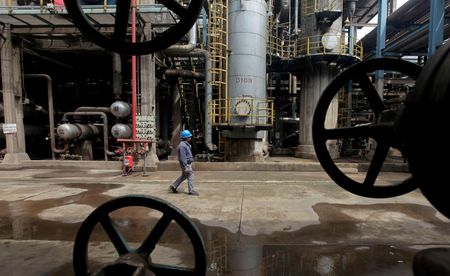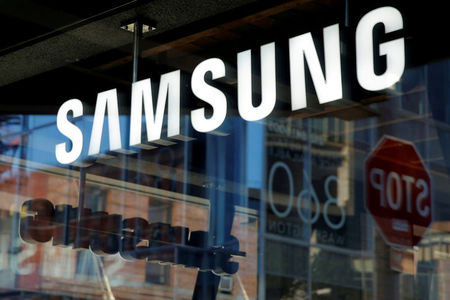Chicago Bond Penalty Widens as Mayor Weighs How to Close Deficit
NegativeFinancial Markets

Chicago is facing a significant challenge as investors are now demanding higher premiums for the city's municipal bonds. This comes as Mayor Brandon Johnson navigates various strategies to address a looming deficit exceeding $1 billion for the upcoming year. The situation highlights the city's financial struggles and the potential impact on its ability to fund essential services, making it a critical issue for residents and investors alike.
— Curated by the World Pulse Now AI Editorial System






